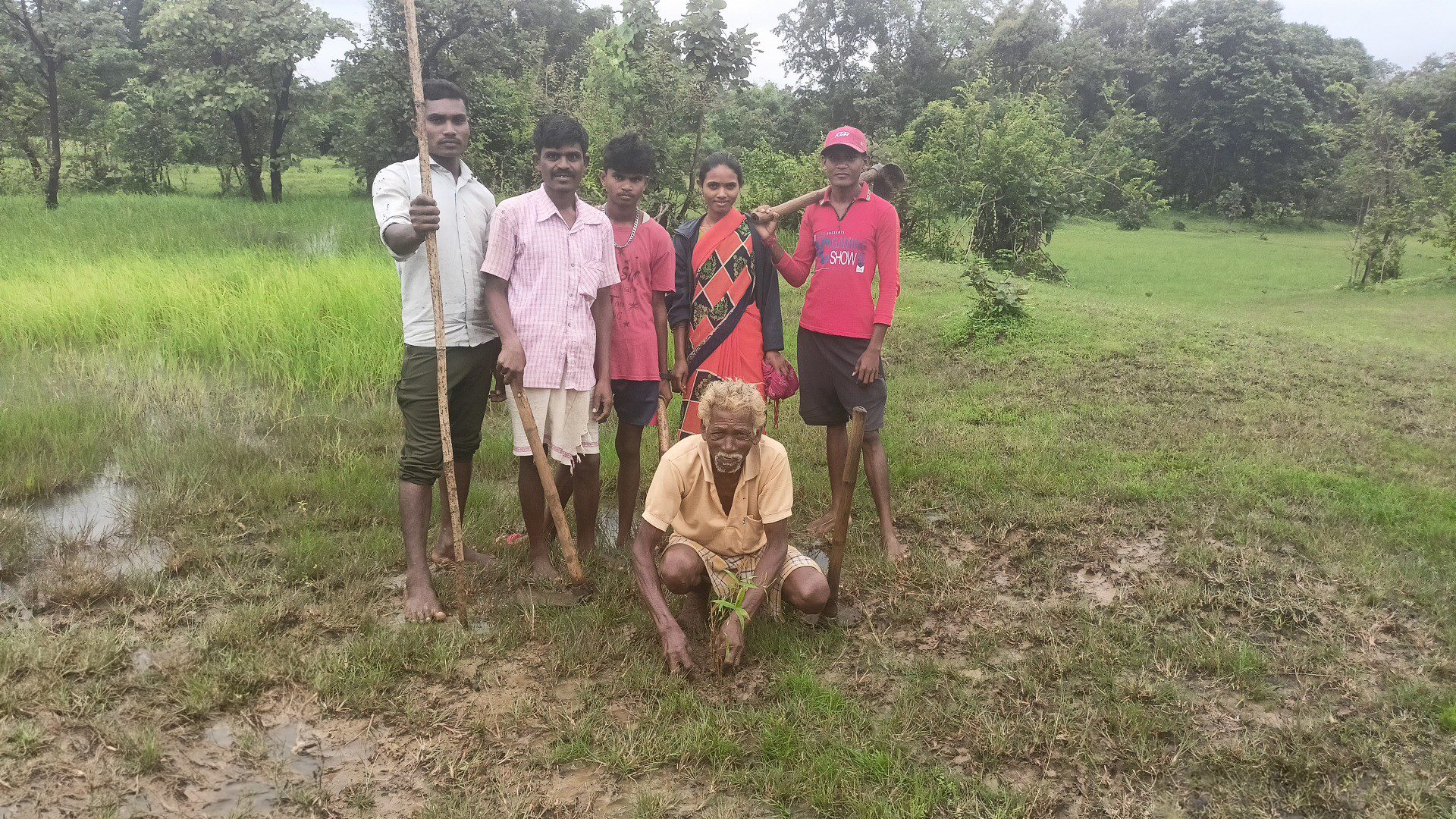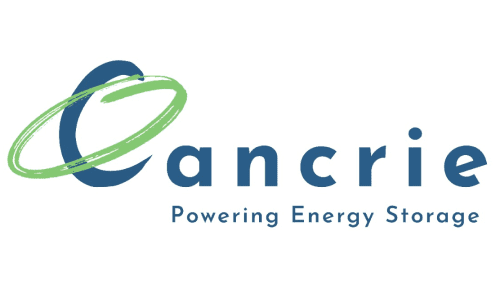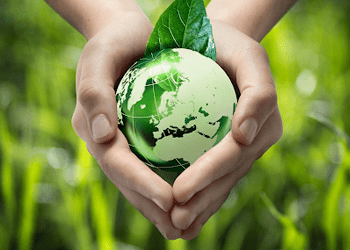India generates approximately 500 million metric tons of agricultural waste annually, with 150 million metric tons left over even after biofuel processing. Around 100 million metric tons of this waste is burned, causing significant air pollution with pollutants like PM 2.5, CO, and CO2. This practice not only harms the environment but also misses the opportunity to transform this waste into valuable industrial inputs.
Launched in 2022, altM addresses this challenge by transforming agricultural waste into bio-materials like cellulose and silica for industrial use. Their innovative approach aims to not only turn agricultural waste into industrial value but also reduce industrial reliance on petrochemical-derived input materials by offering sustainable alternatives.
altM is now looking to focus on developing lignin from agricultural waste—a high-value input that has the potential to replace petrochemicals in adhesives, surfactants, construction materials and more. From an environmental standpoint, altM’s process provides significant climate advantages by using 30% less energy, 70% less water, and 75% fewer chemicals compared to traditional wood-based lignin manufacturing processes. Additionally, agri-derived lignin as a product has a 22% lower Global Warming Potential (GWP) than petrochemical inputs, potentially reducing around 1500 metric tons of CO2 emissions by 2030.
However despite its abundance, both in its natural form as well as a by-product of certain industrial processes, lignin is often discarded or burned because it is a complex polymer that is tough to standardise. Its molecular structure contains organic and inorganic impurities, making it unsuitable for industrial use without significant cost-intensive purification. This complexity has led to minimal innovation on lignin in India, which is essential for its large-scale adoption. altM aims to leverage its technology to conduct an application-led study that would address this innovation whitespace by identifying the best crop waste for high-quality lignin extraction as well as determining the right purification and characterization values needed to enable the commercial adoption of lignin as a viable industrial input.
From an industrial use-case POV, if we were only to consider the bio-adhesives segment, lignin-based adhesives offer superior water resistance and bonding strength compared to traditional phenolic resins, along with cost advantages. Adopting lignin as a sustainable alternative in other industries like construction, automotive, and aerospace could drive substantial reductions in industrial carbon emissions.
ACT For Environment is supporting altM in conducting an intensive application-led study with a highly acclaimed global research entity and leveraging their technology to develop pilot-ready prototypes for agri-waste derived lignin. This grant will help altM advance from a Technology Readiness Level (TRL) of 3 to TRL 7, potentially facilitating the commercialization of lignin-based products by optimising purification costs and ensuring consistent product quality.
We’re thrilled to catalyse their journey as a first-mover in the agri-lignin space in a bid to enable a more sustainable and decarbonized industrial future for India!










